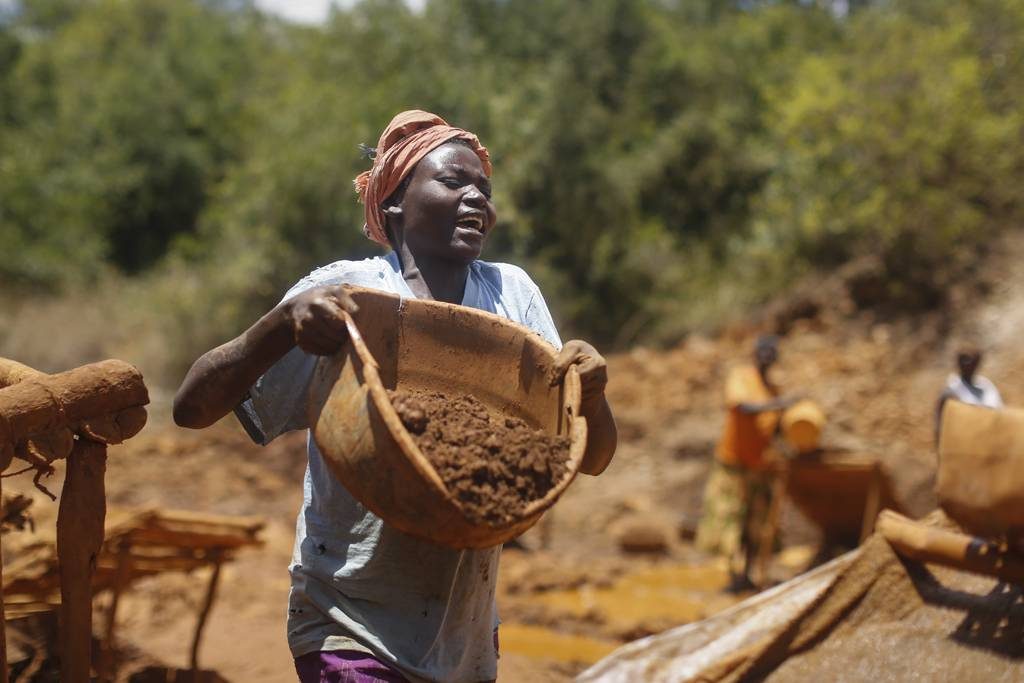Women in the mining sub sector world over and especially in Africa continue to face crosscutting challenges that have continually kept them playing the catch up game in equitable access to natural resources.
Because of its inclusivity, mining is one of those sectors that is hoped to uplift the local populace out of poverty. As such the African Union recognized Artisanal and Small scale mining(ASM) formalization as one of its six areas of engagement under its 2011 Africa Mining Vision.

A World Bank report 2013 puts the number of people involved in artisanal mining at 100million in 80 countries. In Africa the work force in ASM comprises up to 40% of this workforce.
Women working in this sub sector however bear the brunt of social and economic dynamics that play out especially in the mineral host communities.
M/s Beatrice Mjomba, an activist championing women’s rights, narrates how in the coal mines in Tieta, Kenya, several men can share a woman and even share a condom.
“As we moved through the camps we found a condom hanging on a roof to dry. The woman said whoever would come first would use the condom,” she said.
M/s Beatrice Aguttu, a gold miner from Busia narrates how the responsibility of family falls squarely on the shoulders of women.
“When women make their little money they have to look after the home. The men will make their money and go out looking for younger women to sleep with. They will even chase their women out of the mines claiming it’s men’s work.” Aguttu said.
The women were sharing experiences at a workshop that drew participants from Uganda, Kenya, DRC, Zambia, Zimbabwe and South Africa which was supported by Australian NGO Cooperation Program(ANCP). The workshop was geared towards modeling a People’s Mining Charter to capture the views of the people affected by mining activities to feed into Africa Mining Vision in a bottom-up approach.
Harriet Gimbo, Programmes Director ActionAid Uganda, while moderating the session, noted that men need to come on board and support the women’s cause in the pursuit for equitable access to these resources and champion for social justice.
“This has been going on for long. The men have got to appreciate that they have to champion the struggle for women to advocate for equitable access to these resources,” said Gimbo.
All is not gloomy however. The Tiira Artisanal and Small Scale Miners’ Association in Busia, whose members were in attendance, was started by women. Mr George Kwemboi, the chairperson of the association, narrates how people used to chide them when the association had just been formed.
“This association was originally a women’s SACCO. It was easier because they were already very organized. Now it is a full association with two mining licenses,” he proudly confirmed.

